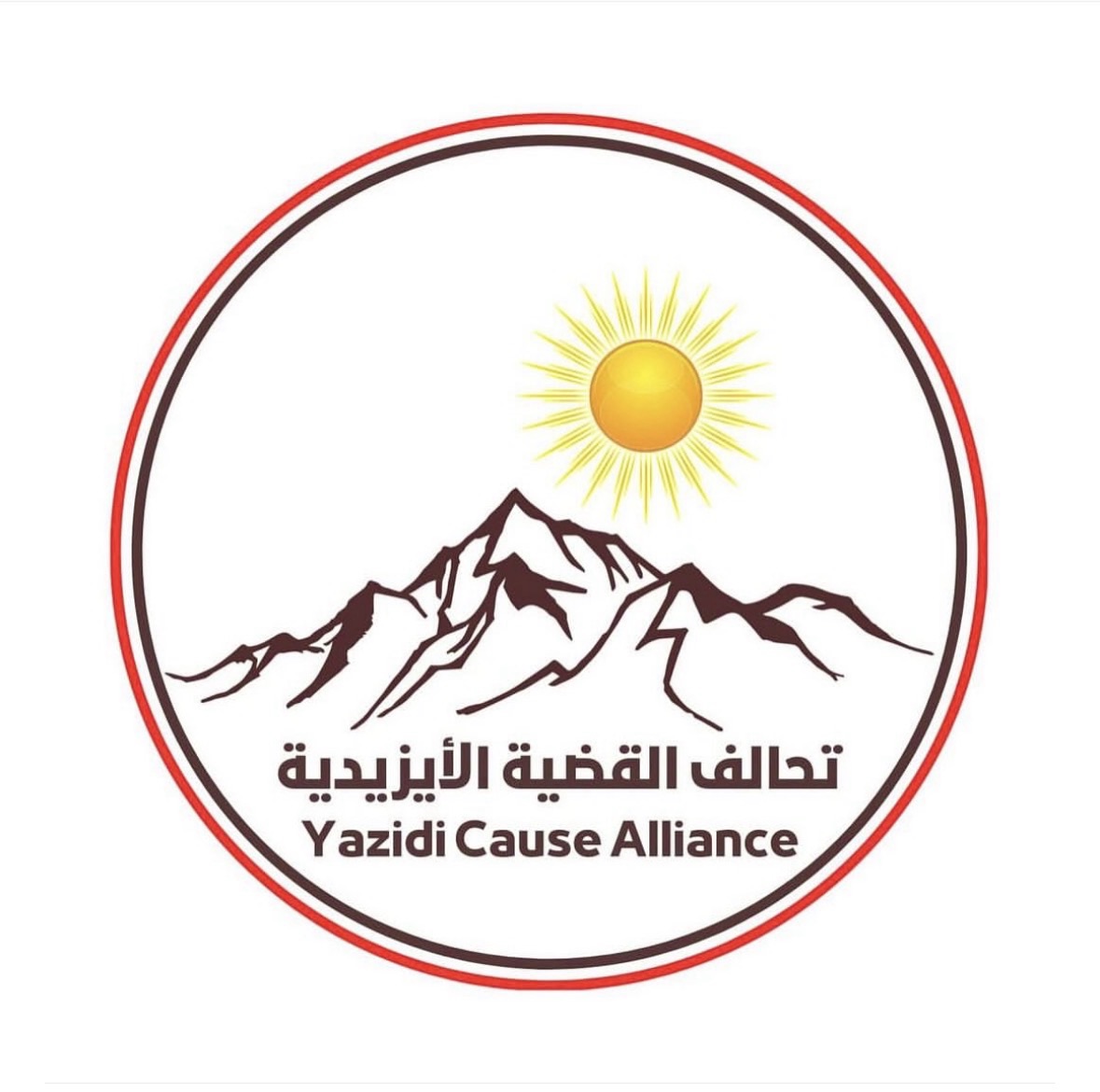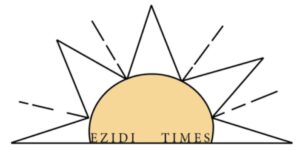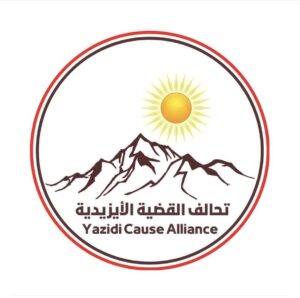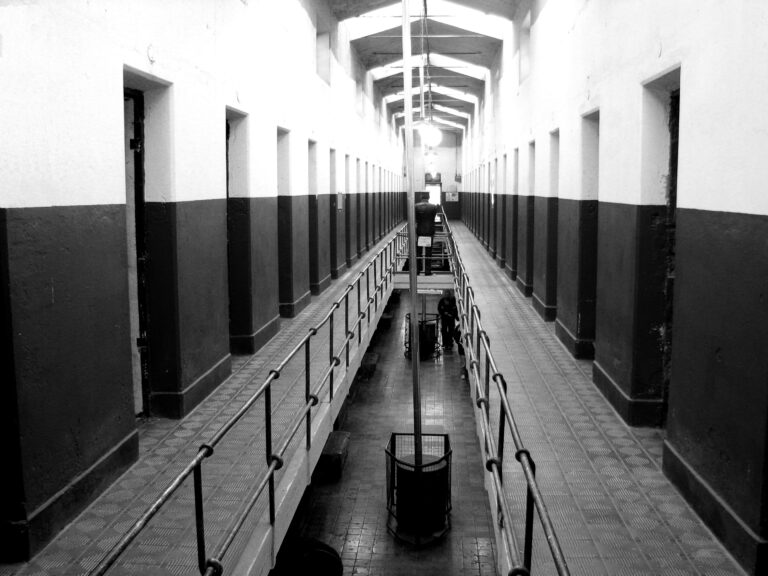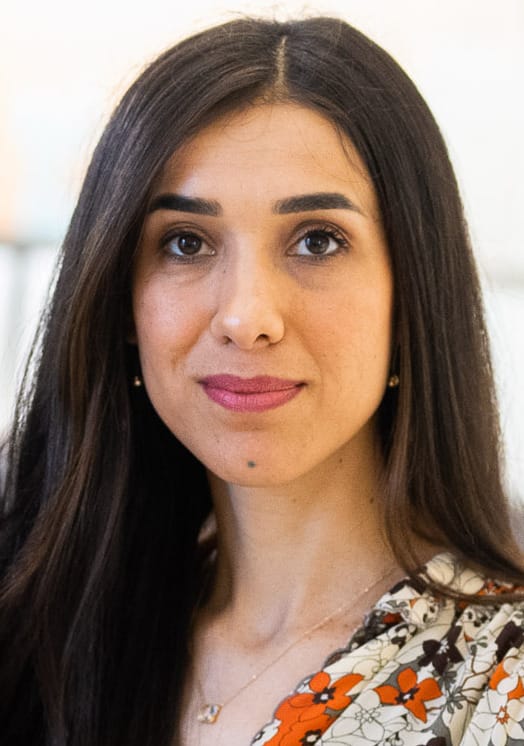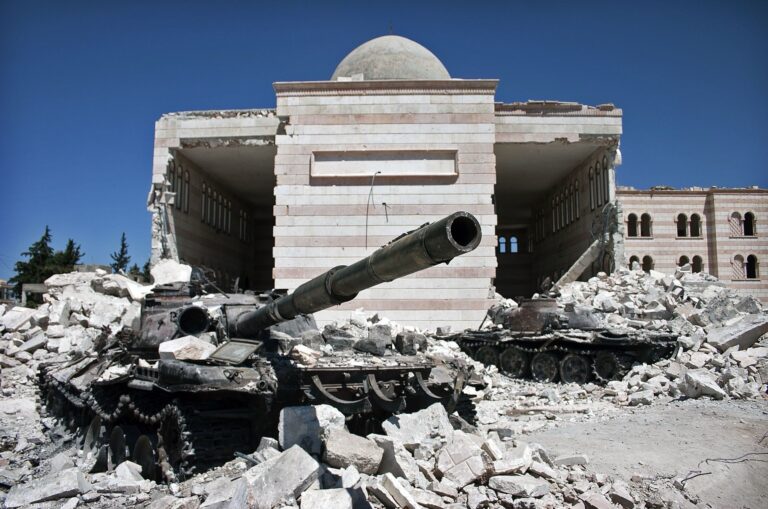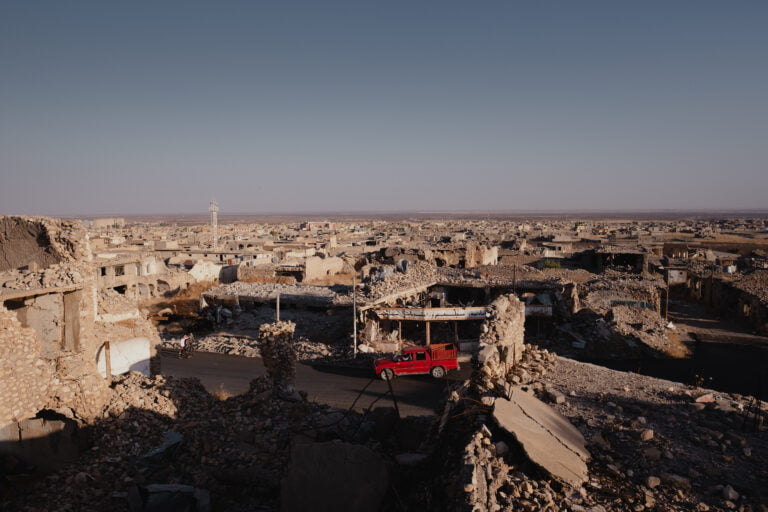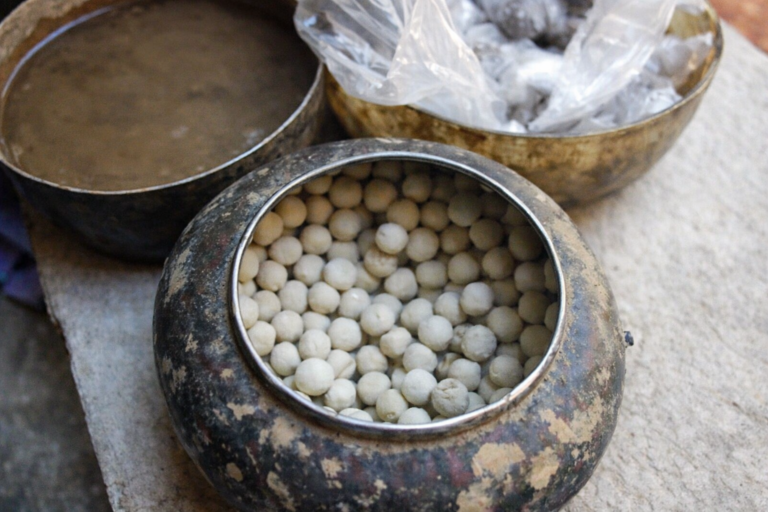As Iraq prepares for its parliamentary elections on 11 November, Ezidis once again find themselves at a crossroads — between external power struggles and the ongoing search for genuine representation after years of displacement, marginalization, and unfulfilled promises.
This year, seven Ezidi candidates are competing for the single quota seat officially reserved for the Ezidis in Nineveh province. Yet far beyond that one seat, dozens of Ezidi candidates have chosen to run independently or through alliances in the general elections — most notably through the Ezidi Cause Alliance (تحالف القضية الايزيدية), a formation that seeks to unify Ezidi voices around shared goals of survival, dignity, and self-determination.
The alliance’s slogan — “Our cause, our survival, our unity, our dignity” — captures a sentiment that resonates deeply across Shingal (Sinjar) and the displacement camps in Duhok, where over 188,000 Ezidis still await the chance to return home. For many, these elections are not only about political participation but also about reclaiming a voice long overshadowed by regional rivalries and the interests of external powers.
Beyond the Quota
The Ezidi quota seat, introduced in 2005, was meant to guarantee representation for Iraq’s religious and ethnic minorities. Yet with only one seat out of 329 in parliament, the Ezidi people — whose population exceeds half a million — have long been underrepresented in national politics. This has left critical issues unresolved: the reconstruction of Shingal, the fate of nearly 2,800 missing Ezidis, and the right to self-governance free from external interference.
The Ezidi Cause Alliance marks a shift in political thinking among Ezidi candidates. Rather than competing for one quota seat, the coalition aims to win additional seats in open competition — an attempt to build a more independent and accountable representation that reflects the Ezidi people’s will, not the agendas of outside forces.
A Struggle Over Shingal’s Future
Shingal remains one of the most contested regions in Iraq’s elections. Multiple political and military actors continue to seek influence over the district — from Baghdad and local parties to regional powers with strategic interests. The October 9 Agreement, signed between Baghdad and Erbil in 2020, continues to shape the debate over Shingal’s administration and security. Many Ezidis see it as an imposed deal that ignored their right to self-determination and undermined local governance structures established after the 2014 genocide.
While some parties attempt to use the Ezidi quota seat as a political instrument, Ezidi candidates aligned with the coalition insist that representation must come from within — from those who lived through the genocide, displacement, and reconstruction process.
The Stakes of Representation
In the 2021 elections, the Ezidi quota seat was won with just over 3,000 votes — a figure that reflects both the fragmentation of the Ezidi vote and the disillusionment of a population still waiting for justice and recovery. This time, Ezidi candidates and activists hope that a more coordinated approach can lead to broader representation and stronger advocacy in parliament.
For the Ezidi people, these elections are about far more than numbers or seats. They are about political recognition, the right to return, and the restoration of Shingal — a land that still bears the scars of ISIS’s attempt to erase a people and their faith, Sharfadin.
A Moment of Decisiont
As Iraq’s political blocs prepare for another test of power, the Ezidis enter this election cycle with cautious optimism. Whether through the single quota seat or through the broader Ezidi Cause Alliance, the central demand remains the same: the right to speak, act, and decide for themselves.
In a political landscape still dominated by external influences, the Ezidi people continue to stand for something far more enduring — the belief that representation should come not from power, but from truth, memory, and resilience.
Follow the work of the Ezidi Cause Alliance on Instagram: yazidi.cause.alliance
